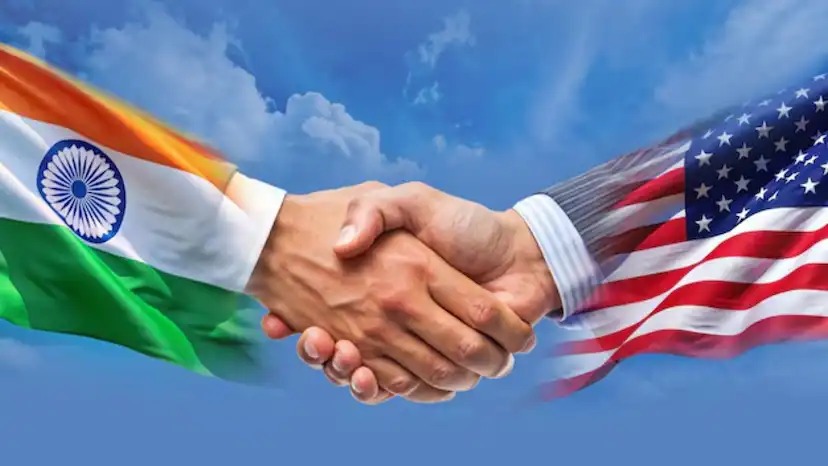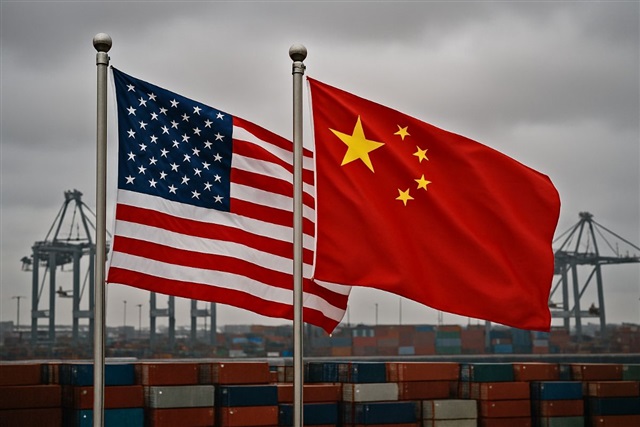 Image Source : English.amarujaladigital.com
Image Source : English.amarujaladigital.com
India and the United States have entered a critical phase in their bilateral trade negotiations, with an Indian delegation currently in Washington to finalize the first tranche of a multi-sectoral trade agreement. The talks aim to deepen economic cooperation, reduce tariff barriers, and enhance strategic alignment across key industries.
Key highlights:
- The Indian government confirmed that discussions are focused on a mutually beneficial framework, with both sides committed to resolving long-standing trade irritants.
- The first phase of the deal is expected to cover tariff reductions, digital trade norms, and market access for agricultural and industrial goods.
- India is pushing for improved mobility for skilled professionals, while the US seeks lower duties on high-end exports like medical devices and farm products.
Strategic context:
- The negotiations follow the announcement of Terms of Reference for a Bilateral Trade Agreement, unveiled by Vice President
Vance and Prime Minister Modi earlier this year.
- The deal is part of the broader US-India COMPACT initiative, which links trade with defense, technology, and climate cooperation.
- India’s average applied tariff stands at 17%, compared to the US’s 3.3%, making tariff harmonization a key focus.
Broader implications:
- The trade pact is expected to boost bilateral trade beyond the current $129.2 billion, with a target of $500 billion by 2030.
- It also strengthens India’s position in global supply chains and supports its ambition to become a manufacturing and digital hub.
Sources: USTR, News18, Times of India, Fortune India, Firstpost.
Advertisement
Advertisement





